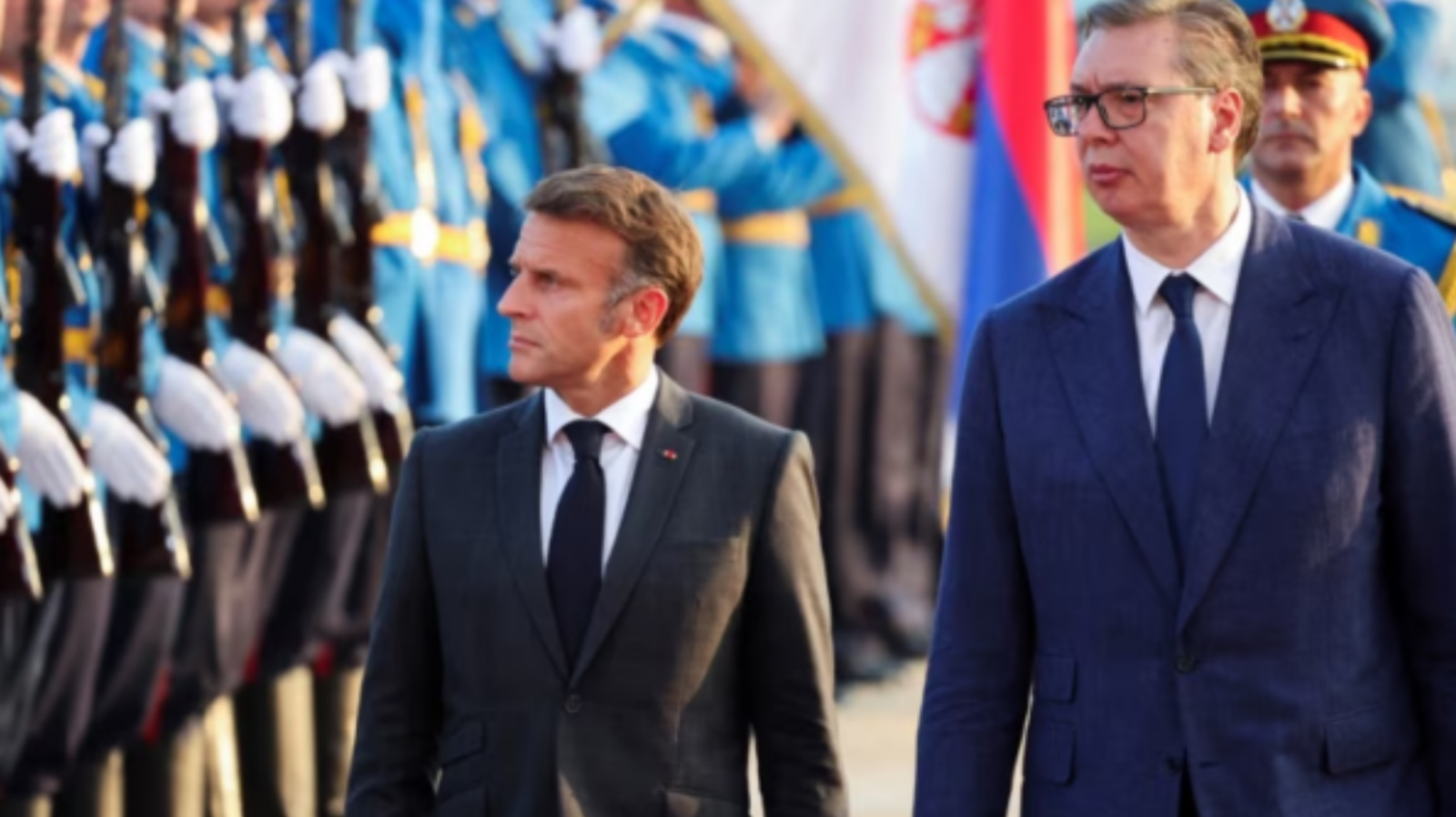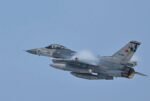French President Emmanuel Macron arrived in Belgrade on Thursday evening to strengthen ties with Serbia and bring it closer to the West, as the Balkan country navigates a narrow path between efforts to join the European Union and its strong connections with Russia and China.
During his two-day visit, President Macron is expected to discuss a range of issues with Serbian President Aleksandar Vučić, including the purchase of French Rafale jets, as well as energy and artificial intelligence matters.
In an op-ed published on Thursday in the Serbian pro-government daily Politika, President Macron wrote that Belgrade can maintain its independent stance “only under the care of the EU.”
“With the outbreak of war on our continent, initiated by Russia, … the idea that Serbia could seek its own path in the eternal balancing act between powers… is simply an illusion,” he wrote.
The European Union remains Serbia’s largest investor, and hundreds of thousands of Serbs work in Western companies.
Late on Wednesday, President Vučić said there were still unresolved issues regarding Serbia’s intention to purchase Rafale jets, a deal worth around 3 billion euros.
“It’s not a matter of price, it’s a matter of certain guarantees… we have been working on this issue for four days,” he said in an interview with Serbian state television.
In his op-ed, President Macron also addressed the issue of the Serbian minority in Kosovo, reiterating his commitment to the agreement reached between the parties in February and March 2023 in Brussels and Ohrid for normalizing relations, based on a plan drafted by France and Germany.
He wrote that the Franco-German proposal preserves “the possibility for Serbs to live in Kosovo while respecting the law, but without renouncing their identity or natural connections with Serbia, as well as ensuring guarantees regarding the preservation of Serbian cultural and religious heritage.”
The French President reaffirmed his commitment to the establishment of the Association of Municipalities with Serbian Majorities in Kosovo, which remains the most challenging aspect of the negotiations for normalizing relations.







